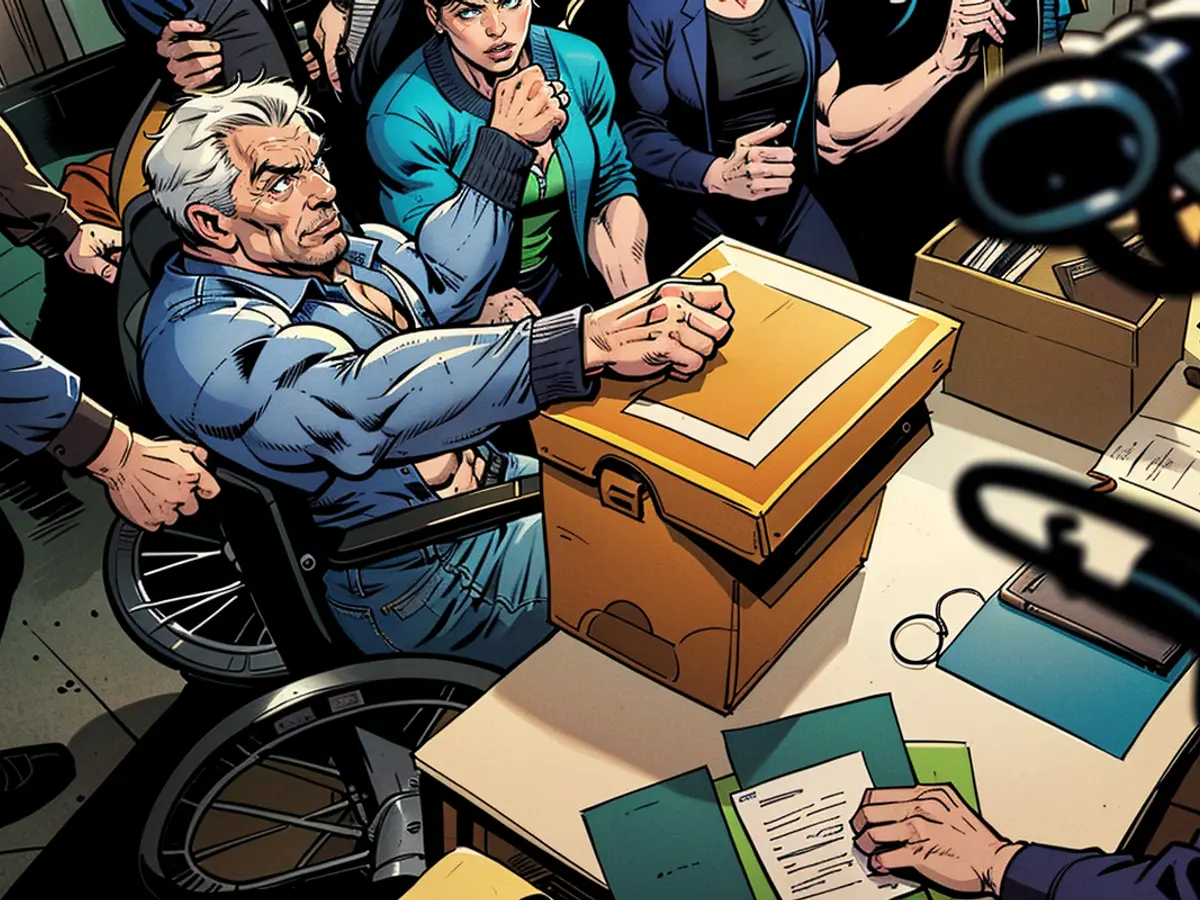Uruguay chooses its fresh executive leader
The presidential elections in Uruguay are currently underway. Yamandú Orsi from the left-wing alliance Frente Amplio is leading in recent surveys, challenging Álvaro Delgado from the conservative ruling party Partido Nacional. However, it's unlikely Orsi will get a majority in the initial round. The two frontrunners out of the eleven contenders will progress to a second round on November 24.
Over 2.7 million citizens of this small Southern American nation are needed to cast their votes. Voting is compulsory. Due to the constitution, the incumbent Luis Lacalle Pou cannot contest for re-election.
Orsi aspires to fight poverty and decisively tackle corruption if chosen as president. Delgado, on the other hand, vows to maintain the present government's policies and decrease bureaucracy. As per polls, the main concerns for Uruguayans are security, the economy, and job opportunities.
Compared to its regional counterparts, Uruguay boasts less political polarization. Since the restoration of democracy 40 years ago, both center-right and center-left governments have taken turns in power. Regardless of the election's outcome, no drastic transformations are anticipated.
Besides electing the president, the elections on Sunday will decide the fate of all 30 senators and 99 parliamentary members. Also on the ballot are two referendums: one proposes lowering the retirement age from 65 to 60, and the other permits nighttime searches of private residences by the police.
Orsi's election could potentially lead to significant changes in Uruguay's approach towards poverty and corruption. Despite the lead of Yamandú Orsi, a majority in the initial round seems unlikely, ensuring a second round on November 24.
The upcoming referendums are another significant aspect of the elections, with one proposal aiming to lower the retirement age and the other permitting nighttime searches by the police.








